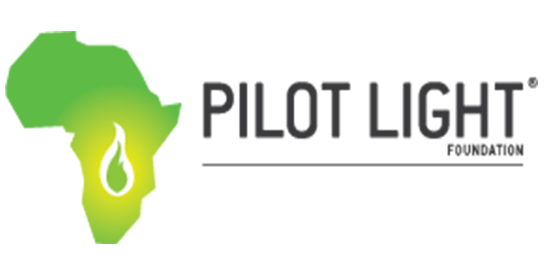Sparking Self-Sufficiency in Africa Through Sustainable Income The Batwa and Reformed Poachers are people who used to live in the forest in what is now the famous Bwindi National Park. They were displaced by the Park’s formation to protect the endangered Mountain Gorillas. This displacement to land adjacent to the Park was not accompanied by …
Category: Impact Projects
Living With disabilities Economic Empowerment Project

Sparking Self-Sufficiency in Africa Through Sustainable Income Throughout Uganda, the disabled remain an especially compromised and vulnerable group. Existing government programs to alleviate rampant poverty in communities do not involve or include people with disabilities fully. Culturally a discrimination and stigma from other community members make life and livelihood for the disabled and their families especially challenging. Disabled youths are …
Lira Village Savings and Loans Groups

Sparking Self-Sufficiency in Africa Through Sustainable Income Northern Uganda was severely affected by the Lord’s resistance Army (LRA) insurgency. Children abducted by the LRA rebels were forced to participate in war crimes against humanity against their will. Many of the children lost their lives. Young girls were given out as sex slaves to commanders. Some girls contracted HIV and …
Rice Farmers-Western Uganda
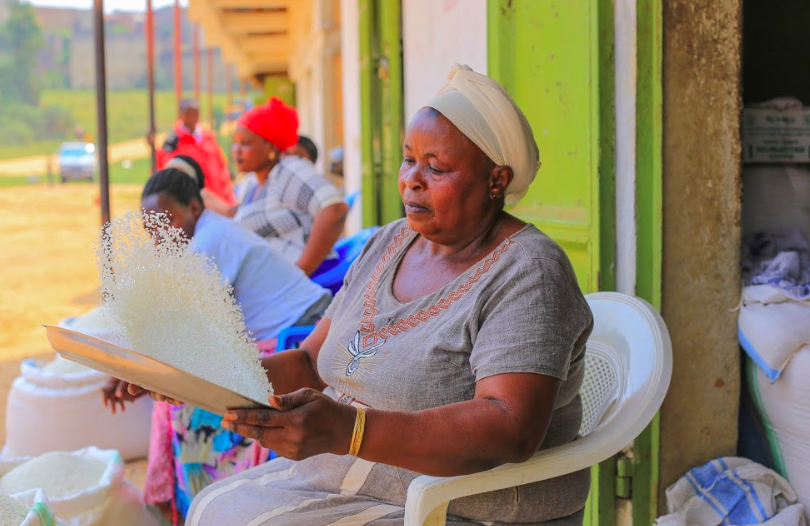
Sparking Self-Sufficiency in Africa Through Sustainable Income Located near the town of Kihihi. The land is very fertile and the farmers are already growing many crops, including a large quantity of rice. However, very much like the case of our Coffee Farmers Cooperative, commercial rice growing has not been lucrative, because the farmers lack the ability to process …
Rural Women’s Financial Empowerment Project
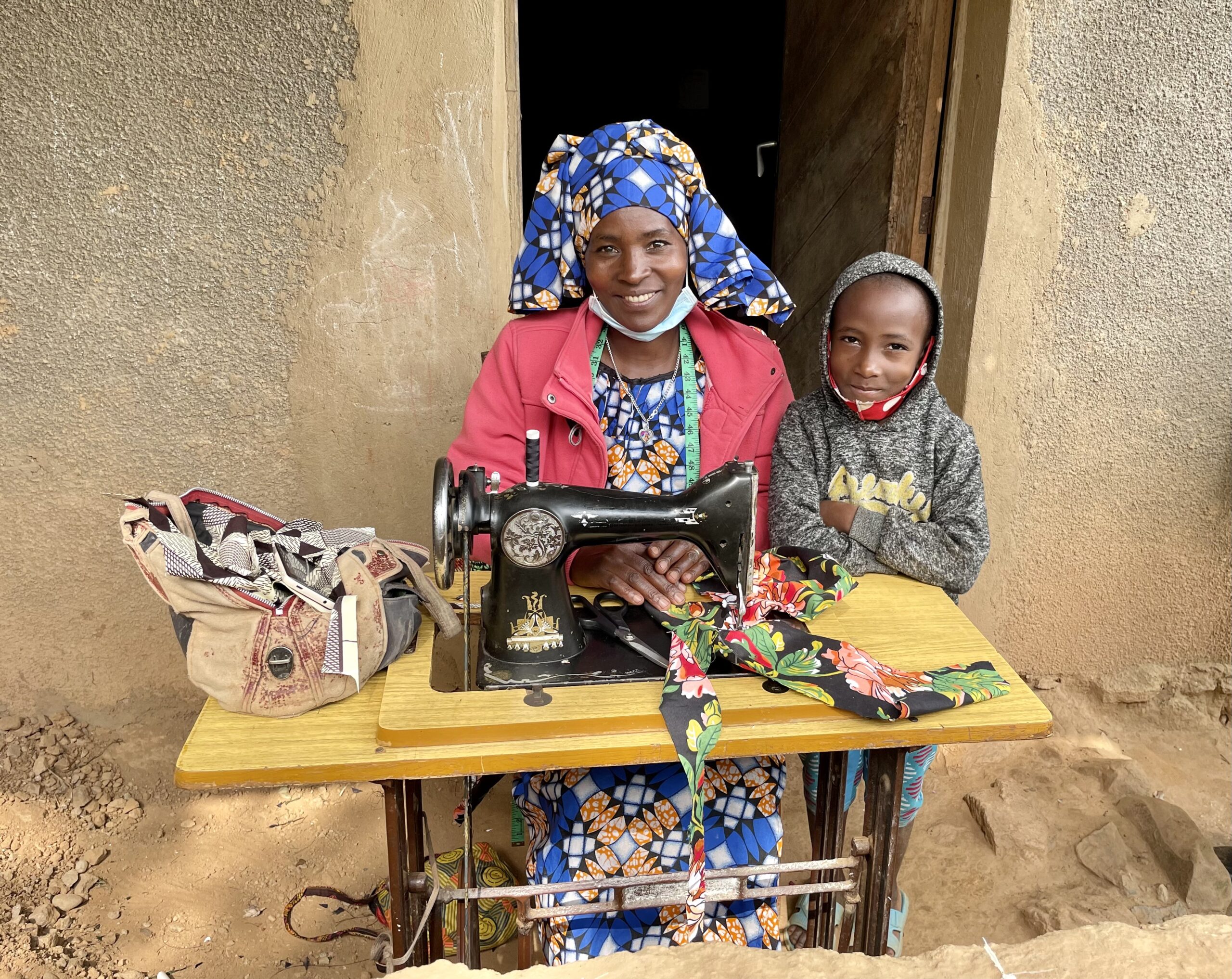
Sparking Self-Sufficiency in Africa Through Sustainable Income Cyabingo is a lush and fertile, mountainous area in the northern part of Rwanda, but more than 50% of the population is classified as living in poverty or extreme poverty. It has a tragic past, but the promise of the present is palpable. Coffee, tea, maize and many …
Batwa Development Project
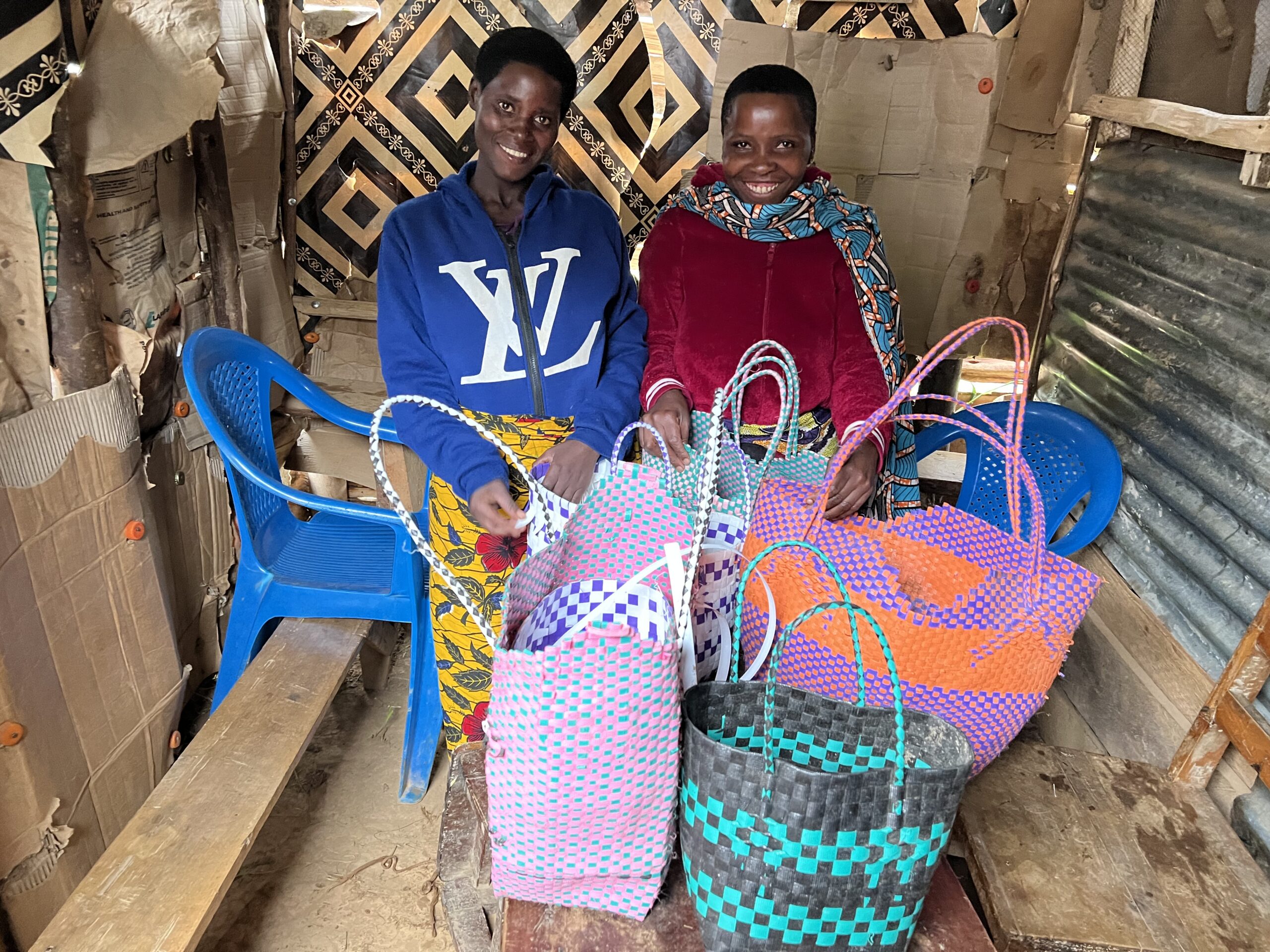
Sparking Self-Sufficiency in Africa Through Sustainable Income The Batwa pygmy tribes have been evicted from their ancestral forest. These original inhabitants of central Africa lived in these forests as hunter gatherers until 1991, when due to deforestation they were abruptly and forcefully removed from the forest to create National Parks. Though promised land and compensation from the government, they …
Rice Farmers-Northern Uganda
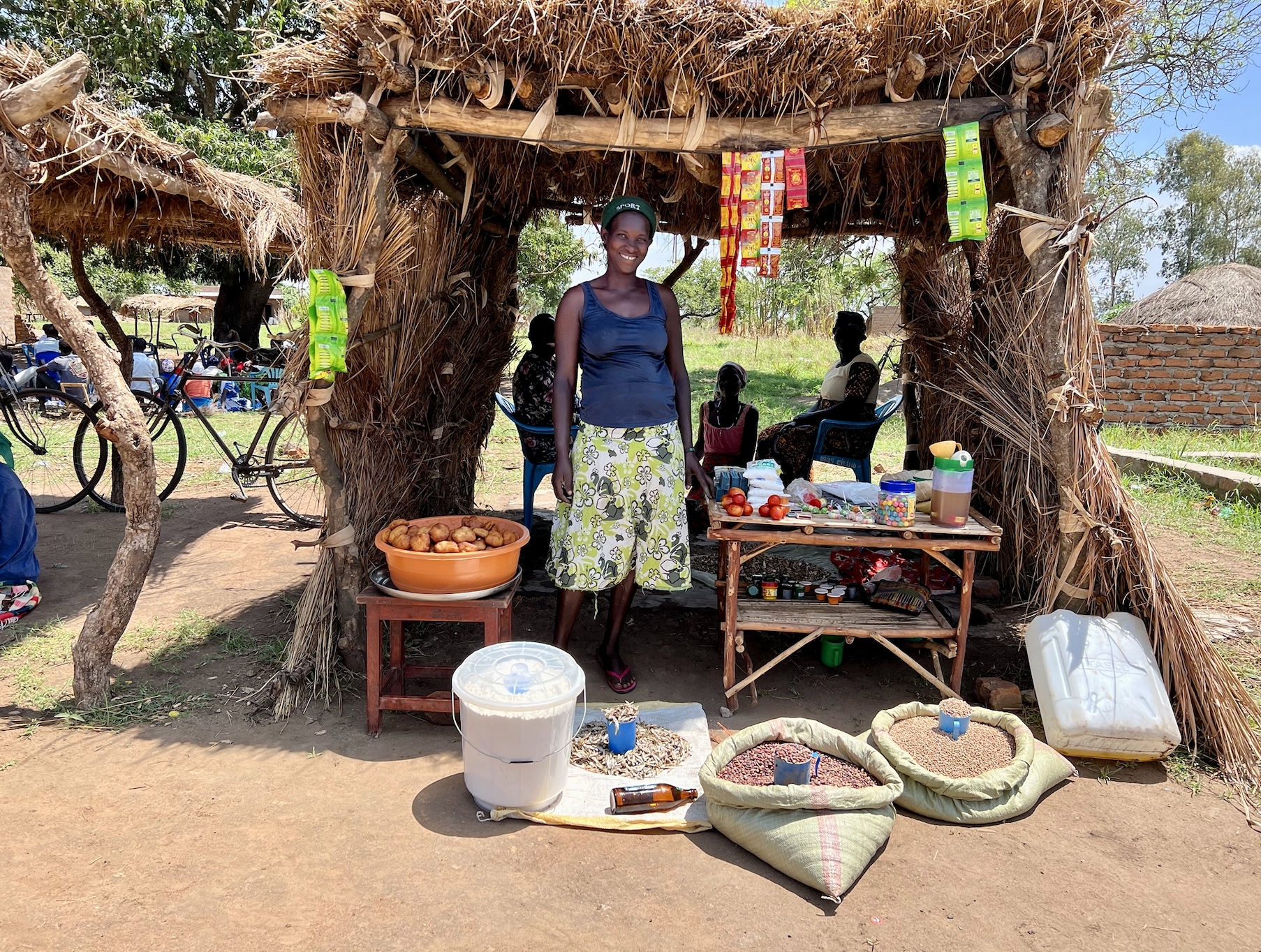
Sparking Self-Sufficiency in Africa Through Sustainable Income The Farmers in Northern Uganda were severely affected by the Lord’s resistance Army (LRA) insurgency. As violence increased a large portion of the population were displaced from their villages and into refugee camps. Living as refugees in their own country, the farmers of these districts were forced to …
Coffee Farmers-Western Uganda
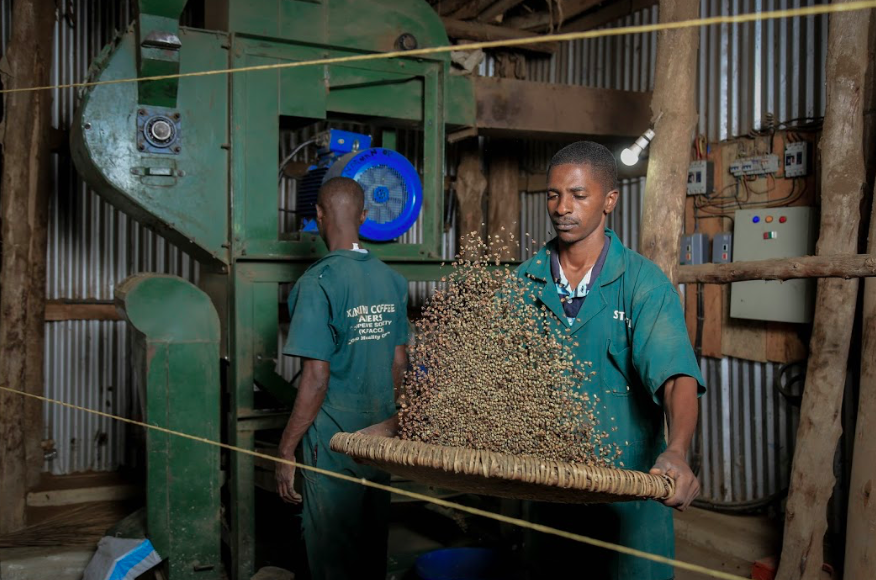
Sparking Self-Sufficiency in Africa Through Sustainable Income In Uganda, Coffee production is a highly lucrative but highly competitive industry. To sell their crops, Smallholder Coffee growers find themselves at the whim of middle men or saturated local markets, and forced to sell at prices often lower than production costs. The Farmers in the Kanungu district …
Mayange Community Development Organization
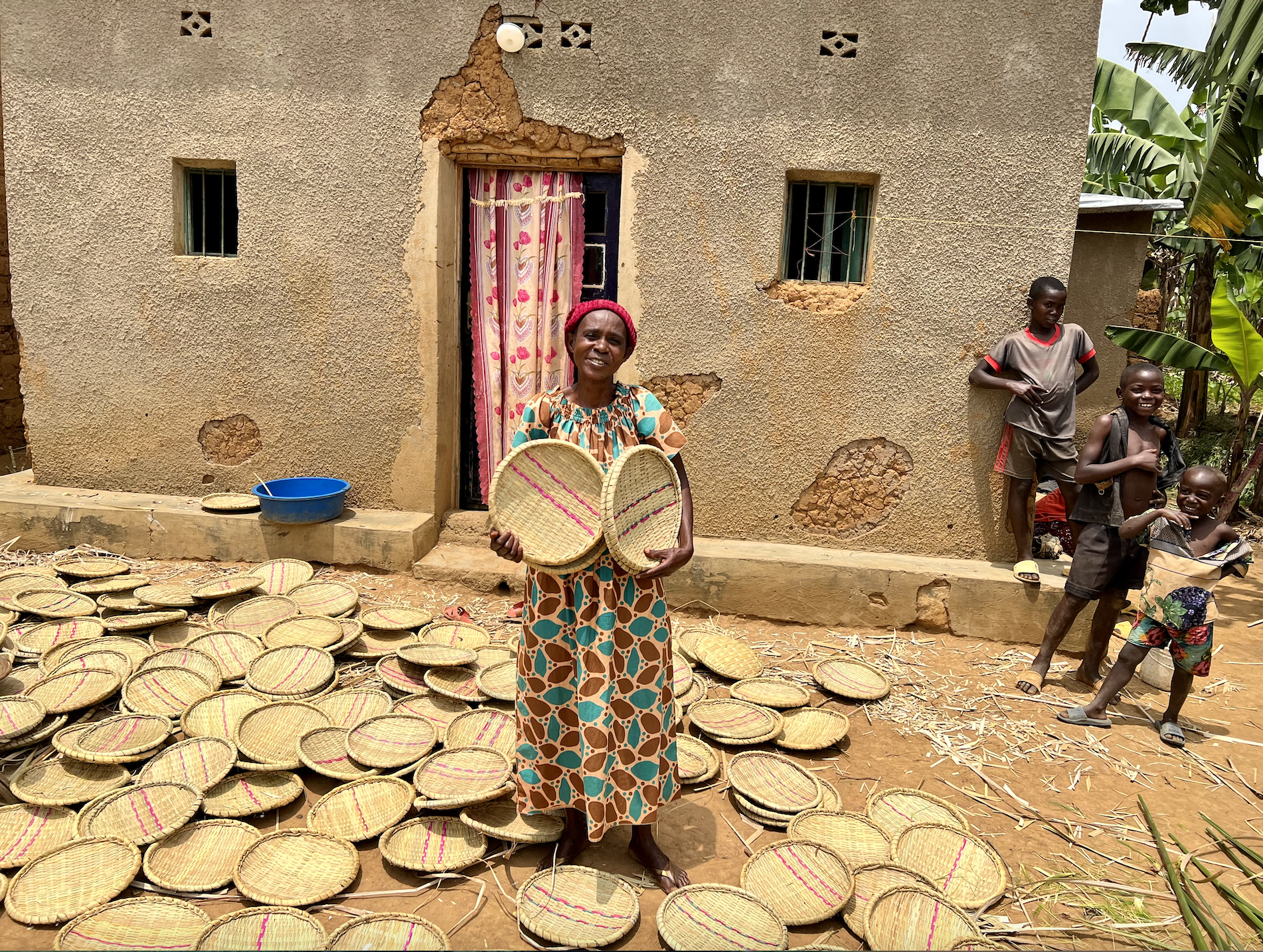
Sparking Self-Sufficiency in Africa Through Sustainable Income Located in south east Rwanda in the Bugesera district, Mayange, unlike the rest of Rwanda, is known for it’s short rain fall and dry arid climate. Persistent water problems of the 1960’s led to farmers cutting down trees for charcoal production to survive. By the 1980’s deforestation and environmental mismanagement left …
